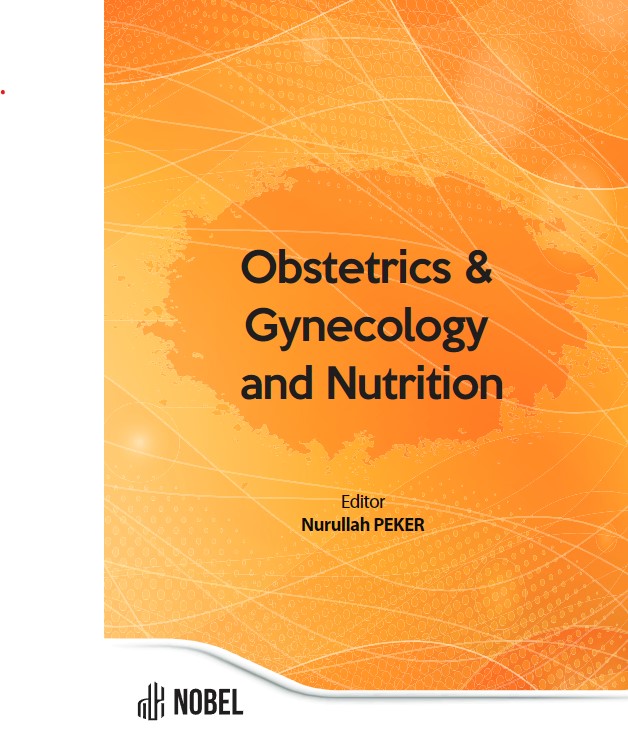Nutrition During Puerperal Period
Dilan Polat (Author)
Release Date:
Breastfeeding mothers should consume approximately 500 extra calories daily to support milk production. A balanced diet rich in protein, carbohydrates, fats, vitamins, and minerals should be followed. Good sources of protein such as meat, fish, poultry, eggs, legumes, and dairy products should be consumed. At least 8-10 glasses of water should be drunk daily; fluids [...]
Media Type
Buy from
Price may vary by retailers
| Work Type | Book Chapter |
|---|---|
| Published in | Obstetrics & Gynecology and Nutrition |
| First Page | 41 |
| Last Page | 49 |
| DOI | https://doi.org/10.69860/nobel.9786053359494.3 |
| Page Count | 9 |
| Copyright Holder | Nobel Tıp Kitabevleri |
| License | https://nobelpub.com/publish-with-us/copyright-and-licensing |
Dilan Polat (Author)
Dicle University
https://orcid.org/0009-0000-5660-7811
Institute of Medicine. Dietary Reference Intake Reports. Washington, DC: National Academies Press. Available at: http://fnic.nal.usda.gov/dietary-guidance/dietary-reference-intakes/dri-tables. Accessed January 1, 2015.
Newton ER. Lactation and breastfeeding. Chapter 26. In: Gabbe SG, Niebyl JR, Galan J, et al, eds. Obstetrics: Normal and Problem Pregnancies. 6th ed. Philadelphia, PA: Elsevier; 2012:533–564.
Olausson H, Goldberg GR, Laskey MA, et al. Calcium economy in human pregnancy and lactation. Nutr Res Rev. 2012;25:40–67. 42.
Haggerty LL. Maternal supplementation for prevention and treatment of vitamin D deficiency in exclusively breastfed infants. Breastfeed Med. 2011;6:137–144.
Am Thyroid A. Iodine supplementation for pregnancy and lactation—United States and Canada, 2006. Available at: http://www.thyroid.org. Accessed January 15, 2015.
| onix_3.0::thoth | Thoth ONIX 3.0 |
|---|---|
| onix_3.0::project_muse | Project MUSE ONIX 3.0 |
| onix_3.0::oapen | OAPEN ONIX 3.0 |
| onix_3.0::jstor | JSTOR ONIX 3.0 |
| onix_3.0::google_books | Google Books ONIX 3.0 |
| onix_3.0::overdrive | OverDrive ONIX 3.0 |
| onix_2.1::ebsco_host | EBSCO Host ONIX 2.1 |
| csv::thoth | Thoth CSV |
| json::thoth | Thoth JSON |
| kbart::oclc | OCLC KBART |
| bibtex::thoth | Thoth BibTeX |
| doideposit::crossref | CrossRef DOI deposit |
| onix_2.1::proquest_ebrary | ProQuest Ebrary ONIX 2.1 |
| marc21record::thoth | Thoth MARC 21 Record |
| marc21markup::thoth | Thoth MARC 21 Markup |
| marc21xml::thoth | Thoth MARC 21 XML |

